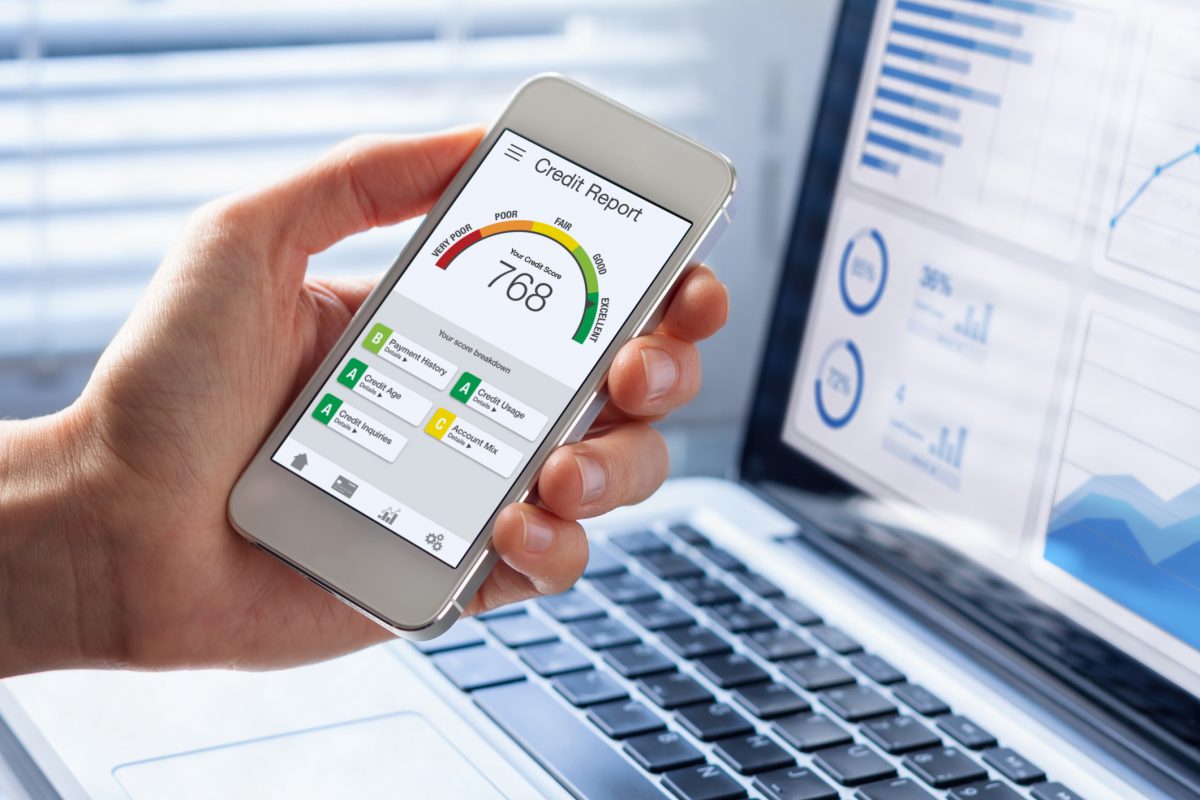Your credit score is a three-digit number that creditors use to assess how likely you are to repay your loans. A high score can help you qualify for the lowest interest rates and gives you the ability to borrow money for purchases.
Here are ways you can make sure your credit score stays healthy:
- Pay back your debts on time: How you’ve repaid past debt is the most important factor (35%) in calculating your credit score.
- Apply for new credit only when you need it: Ten percent of your credit score is determined by how many new credit accounts you’ve opened and the number of times lenders have checked your credit. Another 15% of your score is determined by the length of your credit history. When you add a new account into the mix, the average age of your credit accounts drops.
- Consider keeping starter cards open: Cards designed for people without a credit history, called starter cards, usually have high interest rates and fees, low limits and few rewards. Even though you’ve stopped using them, it’s a good idea to keep them open. This will help the 15% of your score that comes from the length of your credit history. It also will help the even bigger part (30%) of your score that’s based on your utilization ratio: your credit card debt relative to your total available credit.
- Guard your personal information: Be very careful when giving out your Social Security number, birth date, credit card numbers, and other personal information. Use secure websites and be cautious on phone calls. Don’t leave paperwork with this information on it lying around—shred it.
- Regularly monitor all your accounts: Even if you don’t use them, check each account to make sure there aren’t charges, fraudulent activity, or errors being reported. Although uncommon, errors do happen and it’s important that you have them removed as soon as possible. Here are some common errors to watch out for.
- One-time payments that are inaccurately reported as late.
- Accounts being reported twice.
- Closed accounts that are still listed as open on your report.
- Debts that do not belong to you.
If you find an error on your credit report, file a dispute immediately and have it removed. You can easily file a dispute online with Experian, TransUnion, and Equifax. If the error is more serious and could be an indication of fraud, then it’s important to take some extra steps, such as freezing your credit and changing your passwords.






